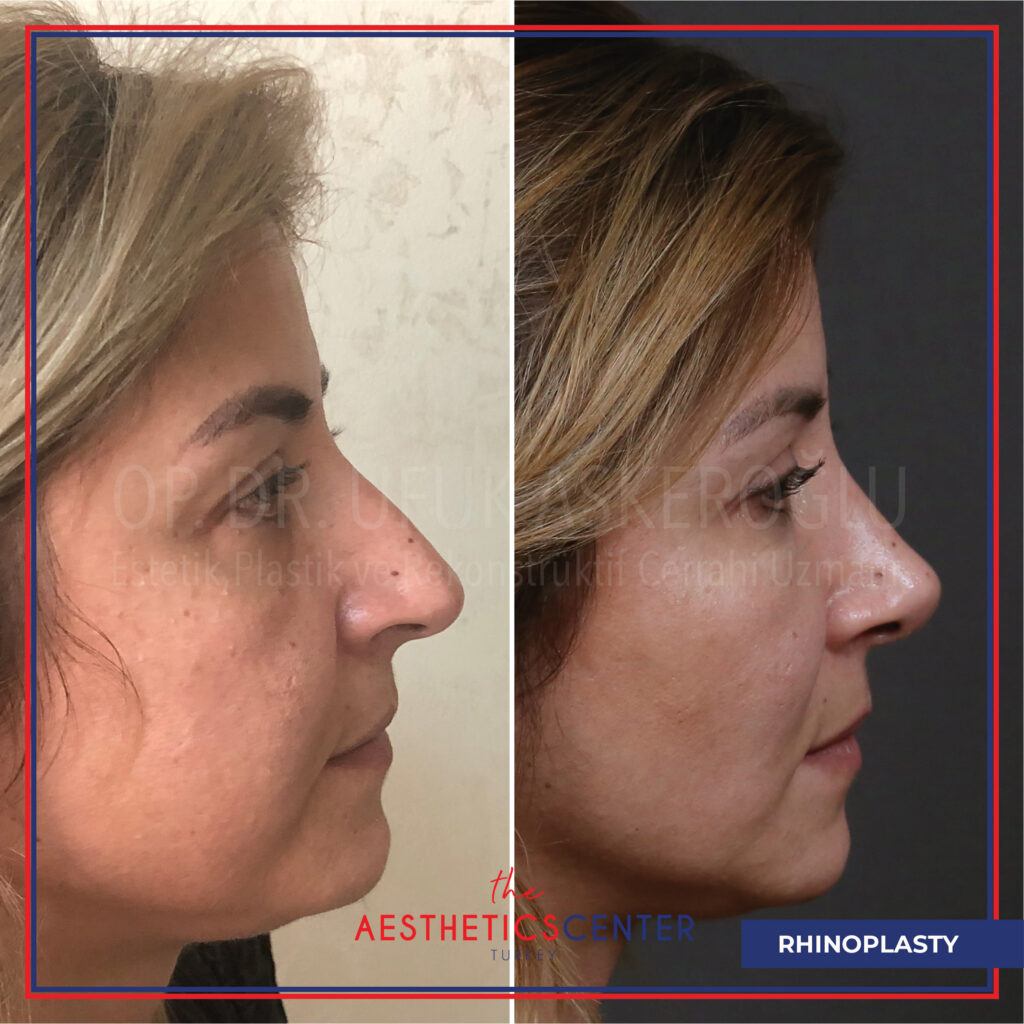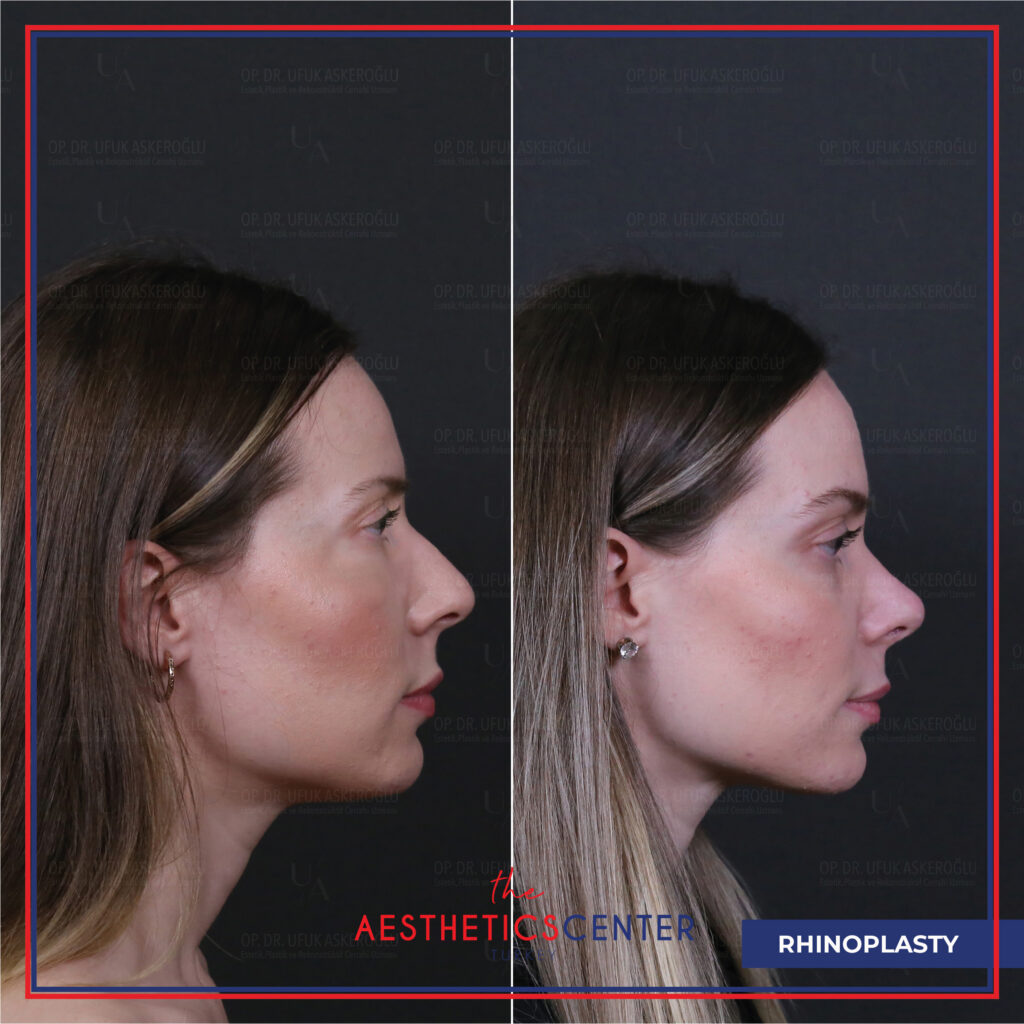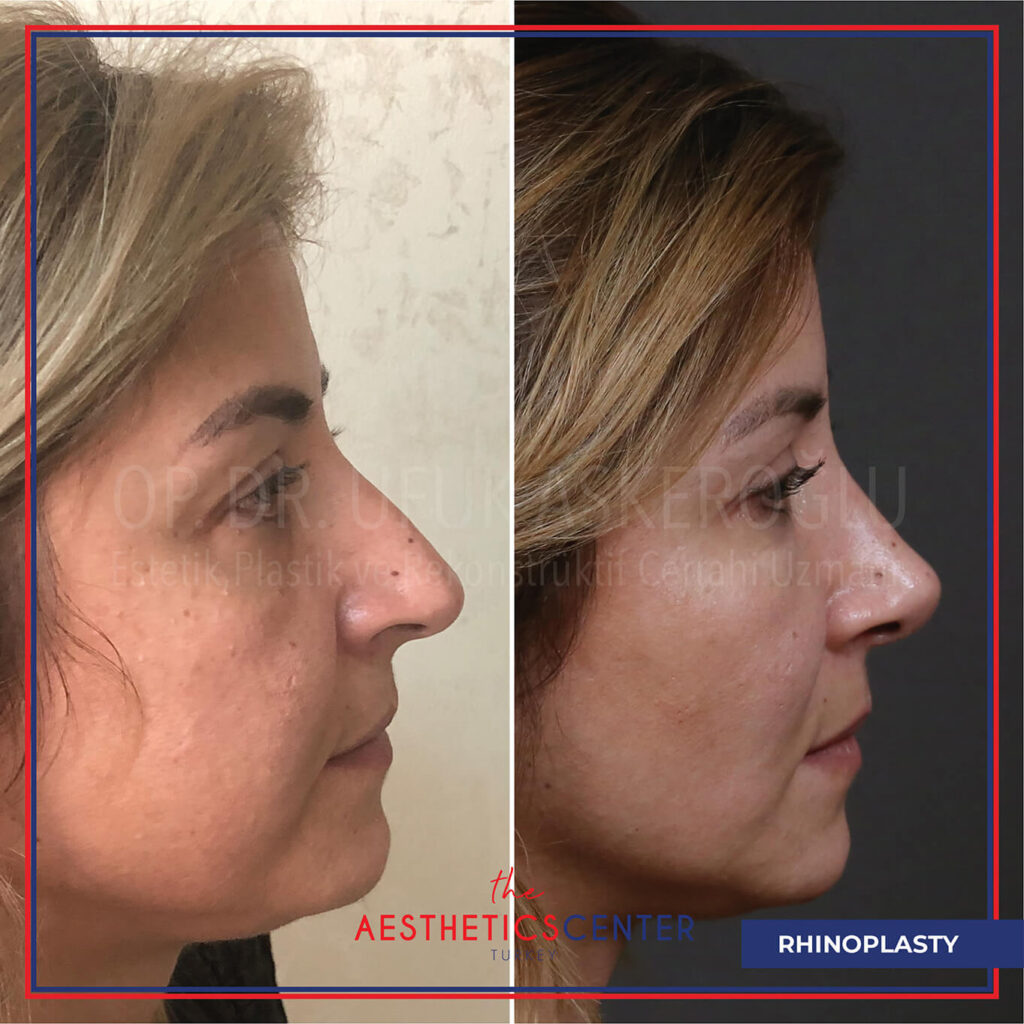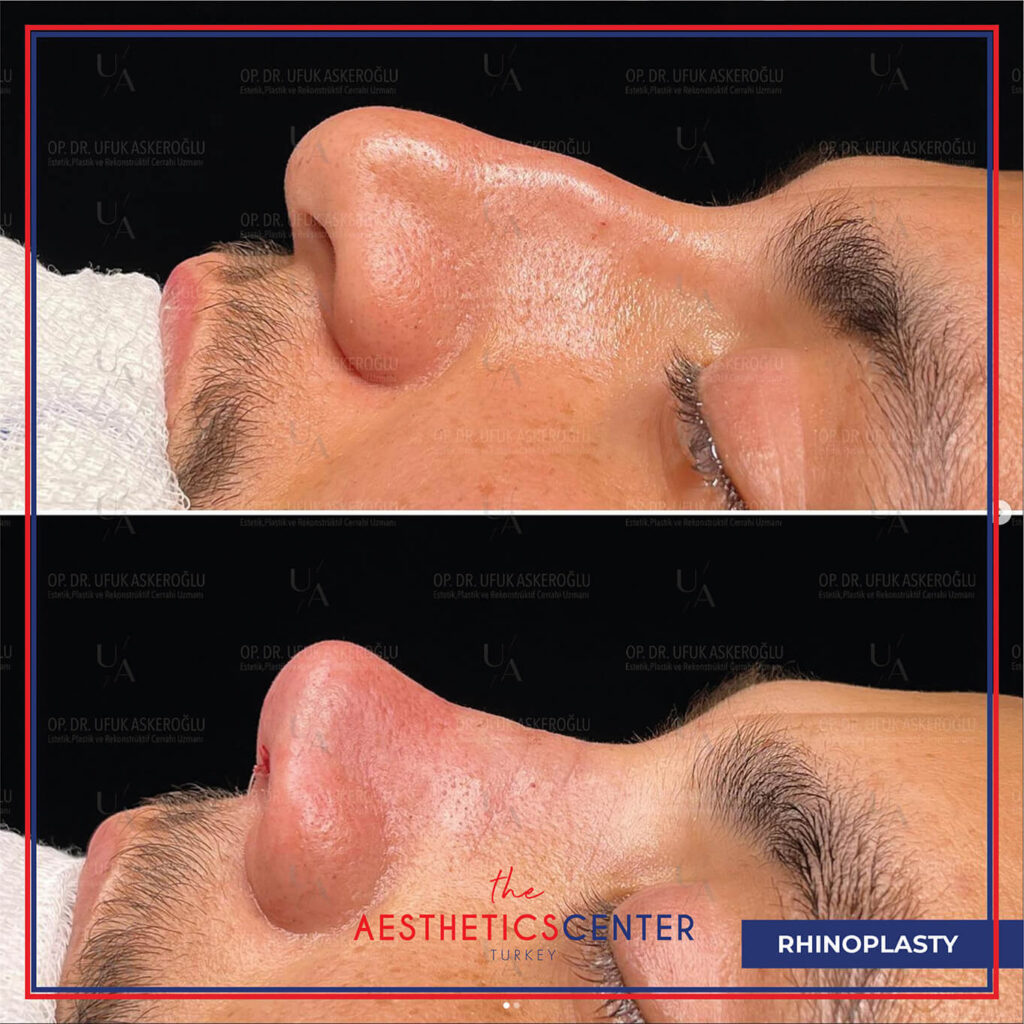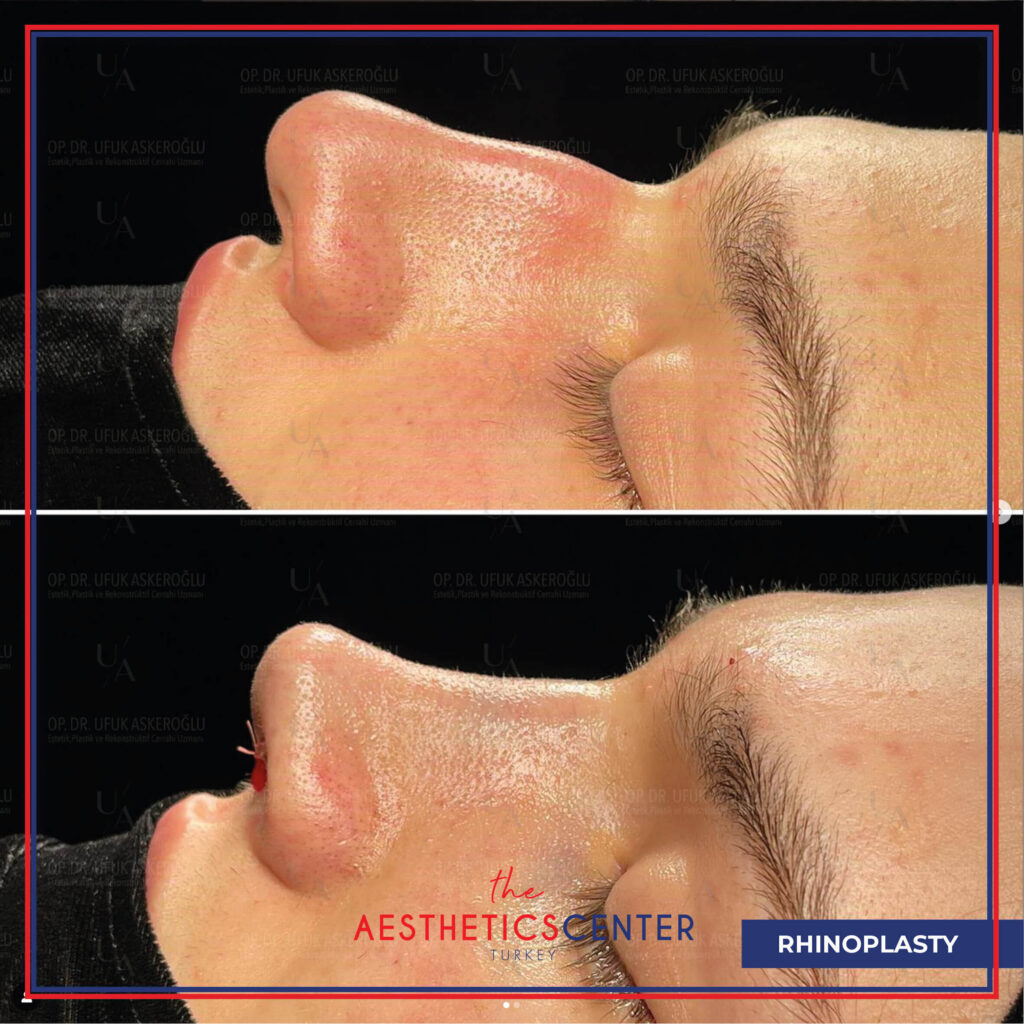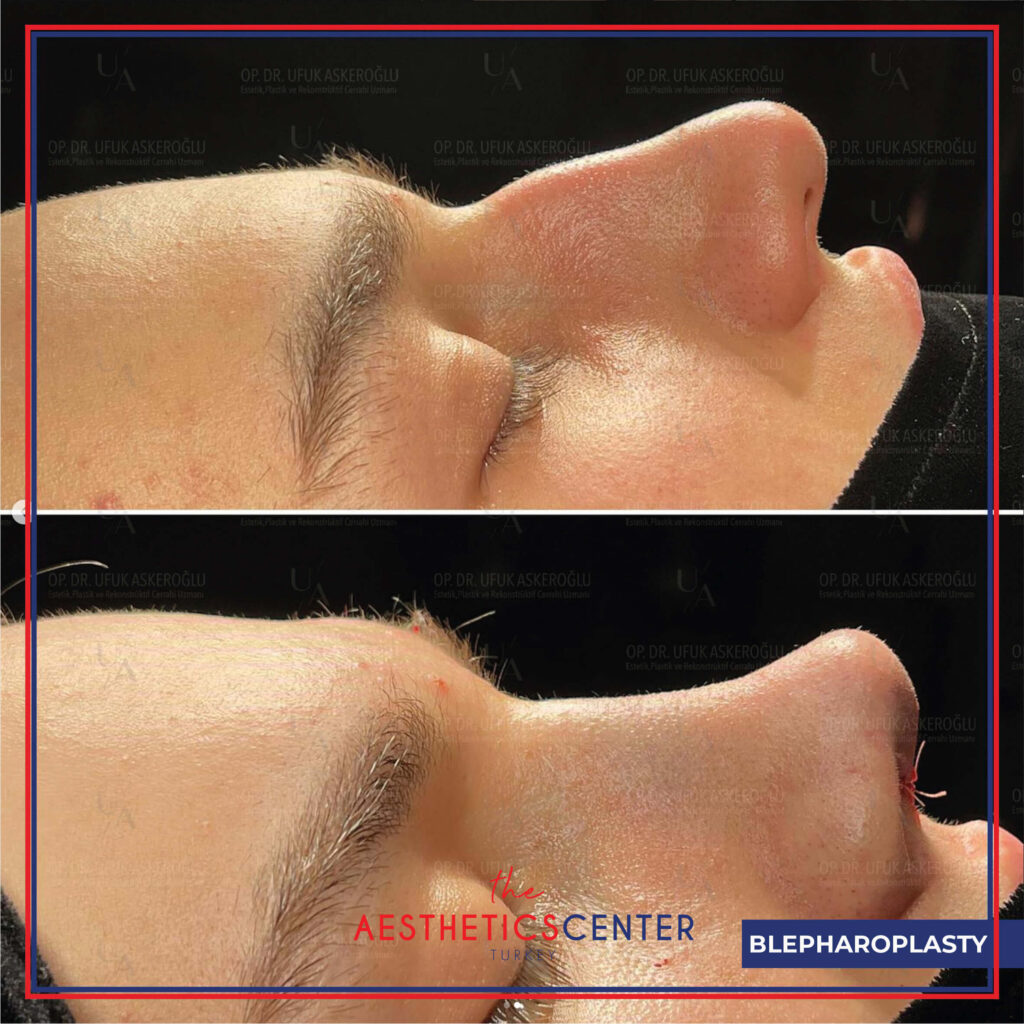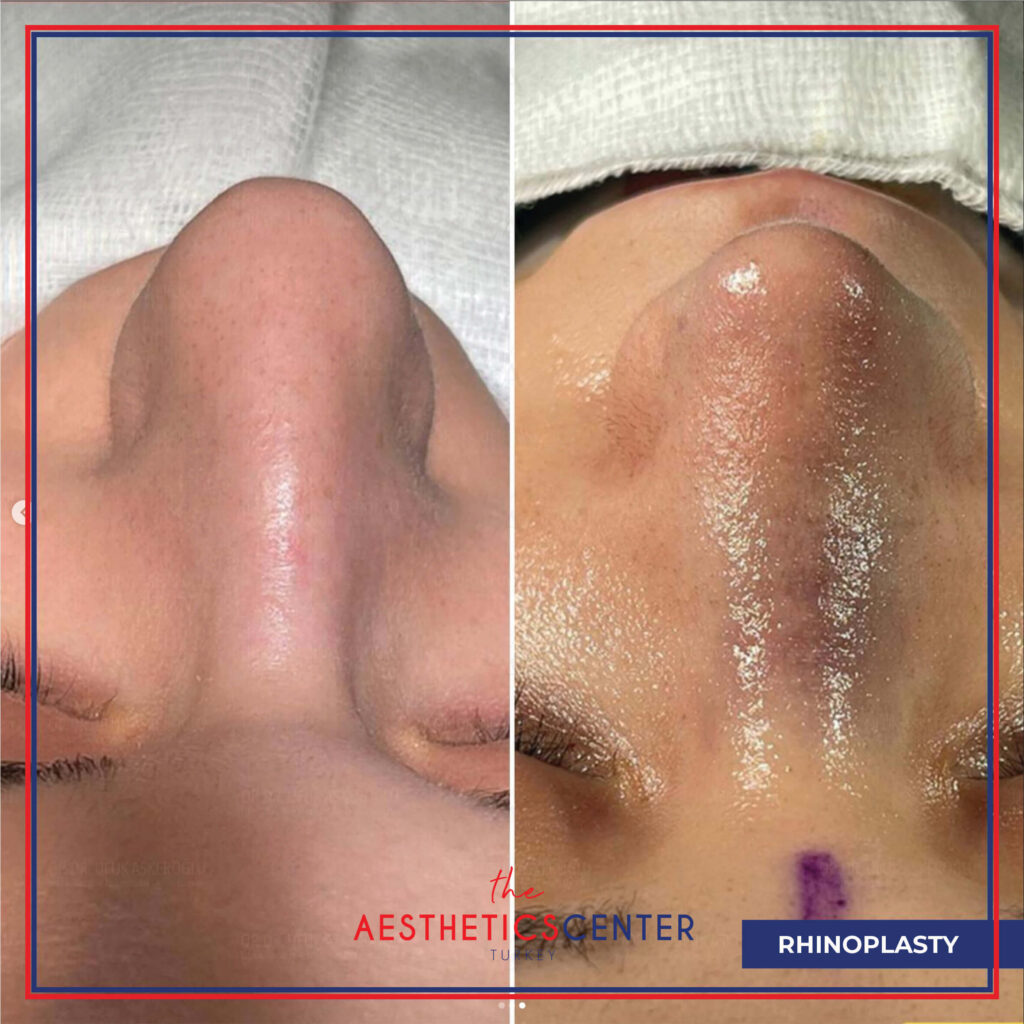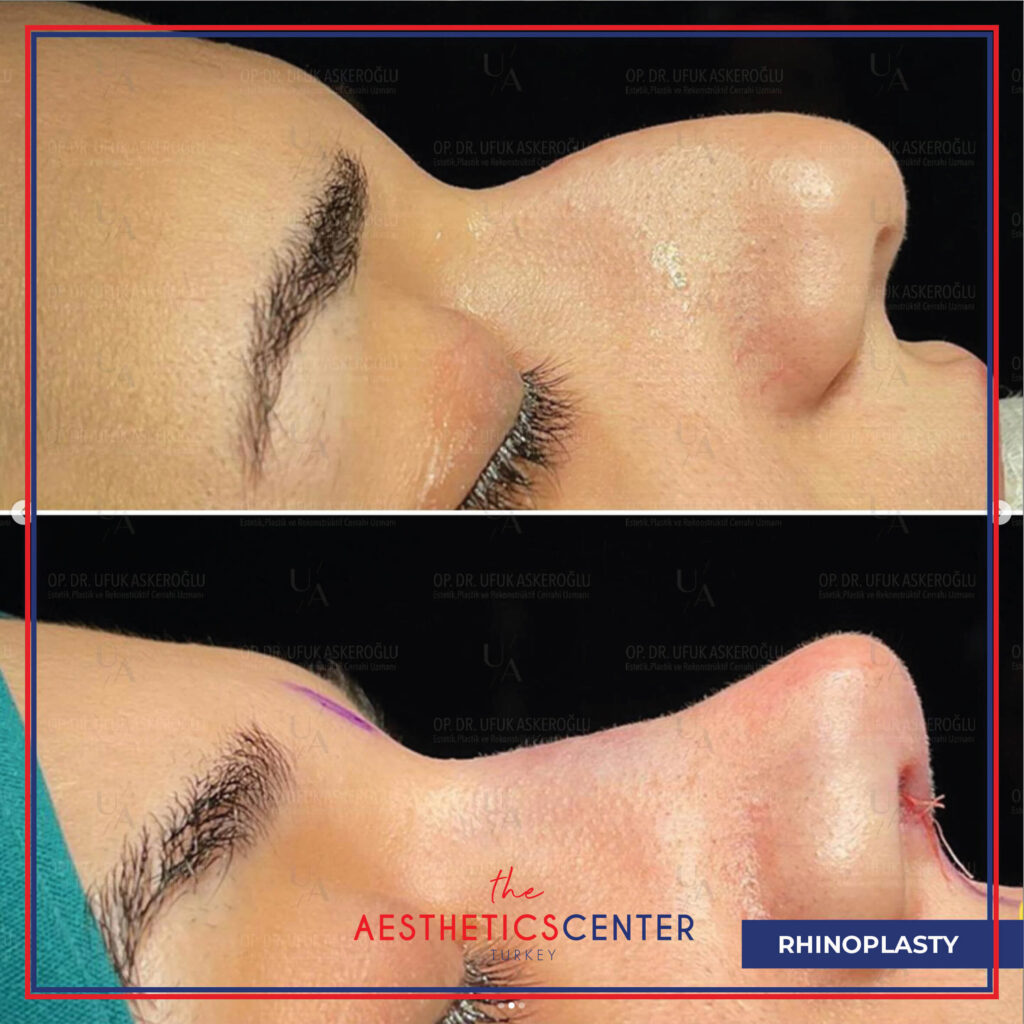The health of homeless individuals suffers compared to the general population, and our research exposes barriers to the crucial support they need.

England Sees Sharp Rise in Homelessness, Health Worries Mount
Homelessness isn’t letting up in England, with authorities facing growing numbers seeking help. Compared to last year, 2023 saw a 2% jump in households needing support, either currently homeless or teetering on the brink. Rough sleeping, while fluctuating throughout the year, hit a high of 3,069 in 2022, a concerning 26% increase.
Experts from Crisis warn the worst is yet to come. Soaring living costs, climbing rents, and limited social housing availability are likely to fuel a significant homelessness spike in the near future.
Adding to the grim picture, homeless individuals face a stark health disparity. Compared to the general population, they’re far more likely to suffer from both mental and physical health issues. While only 5.3% of England reported poor or very bad general health in the 2021 Census, that figure skyrockets to 63% among the homeless, according to Homeless Link.
Homeless Face Hurdles at the Doctor’s Door: Unfair Demands Block Basic Care
Getting basic healthcare can be a daunting hurdle for the homeless. Our research reveals systematic barriers at GP surgeries, often starting with registration itself. Despite regulations not requiring them, many surgeries demand proof of address and ID, documents rarely in the hands of those without a home. This leads to refusals and missed opportunities for early care.
“Poor advice at the GP sent me to A&E needlessly,” shared a participant in Sandwell. “They were wrong – I don’t need ID to register!” This reflects a wider issue. A Sheffield health watchdog found only one in five GP websites clearly stated their commitment to serving the homeless and acknowledged their right to register without strict document demands.
The message is clear: unfair expectations at the point of entry are blocking essential healthcare for vulnerable individuals. More awareness and policy adjustments are crucial to ensure the doctor’s door doesn’t become an additional barrier for those already facing immense challenges.
Beyond Registration: More Hurdles Block Healthcare for the Homeless (68% paraphrase)
While registration issues are a significant barrier, homeless individuals face a multitude of challenges accessing essential healthcare services beyond the doctor’s door.
Dental Nightmare:
The state of oral health among the homeless paints a grim picture. Studies by Groundswell highlight their significantly worse conditions compared to the general population. Accessing NHS dentistry, however, presents a whole new set of hurdles. Lack of a fixed address, phone, or financial means, coupled with limited service availability, often leave them neglected for years.
Phone Dependency Dilemma:
Mobile phones, crucial for appointment bookings and healthcare information, become another stumbling block. While most own phones, People Know How research reveals their unreliable nature. Battery dependence, theft risks, and limited contract options make them precarious access points.
“I don’t have a phone…making an appointment is not always easy,” shared a participant with Healthwatch Derby, capturing the struggle countless homeless people face.
Distance Dictates Access:
Location adds another layer of difficulty. Services beyond walking distance become inaccessible if bus fares are out of reach. Sheffield Foyer’s research found homeless young people missing out on crucial sexual health screenings due to the clinic’s distance and cost of travel. Similar stories emerged from Healthwatch East Sussex, where homeless residents in Eastbourne skipped Covid vaccination clinics unless within walking distance.
The Need for Change:
These stories point to a systemic problem – healthcare services and infrastructure often fail to accommodate the unique challenges faced by homeless individuals. From basic phone dependence to transportation limitations, a multitude of factors act as invisible walls, denying them essential care. Addressing these barriers and tailoring services to their specific needs is crucial to ensure equal access to health for all.
Respect, not rejection: Healing the healthcare disconnect for the homeless
Homeless individuals often face healthcare hurdles not just in access, but in respect and dignity. Our research reveals a pervasive feeling of judgment and neglect at the hands of healthcare professionals, discouraging them from seeking essential care.
“My prostate pain was treated dismissively by my GP,” shared a participant in Lancashire. “I finally switched doctors and received the care I deserved.”
However, success stories like the Homeless Access Clinic in Liverpool, praised for its staff’s empathy and understanding, offer a glimmer of hope.
These issues aren’t new. We identified them in 2017 and 2018, and the trend only worsens. The latest Homeless Link audit shows a sharp rise in mental health issues among the homeless, exceeding 80% in 2022, compared to 45% in 2012-14.
Solutions exist, though implementation lags. NHS Register with a GP Surgery Service simplifies registration for vulnerable patients, yet only one in three English practices utilize it.
Similarly, the Homelessness Reduction Act’s Duty to Refer mandates public bodies like NHS organizations to connect at-risk individuals with local authorities, but its efficacy can be improved as outlined in our recommendations to Pathway.
Integrated Care Systems (ICSs) hold promising potential. West Yorkshire ICB’s proactive £6.5 million investment in dental care, including targeted access for the homeless, demonstrates this potential.
Recognizing the complexities of homeless individuals’ needs is crucial. Existing guidance protects access to primary care regardless of ID, address, or digital access, and support plans should firmly uphold this principle.
ICSs, bringing together NHS, councils, and the voluntary sector, have the ideal platform to build tailored strategies addressing the specific needs of homeless individuals. Integrating these services through a lens of respect and dignity is key to ensuring healthcare becomes a path to healing, not another barrier to overcome.




